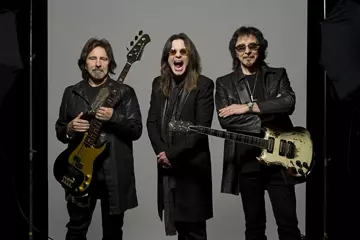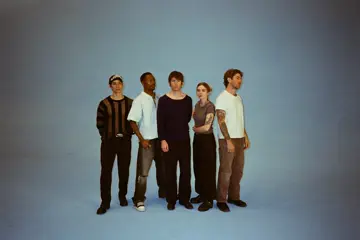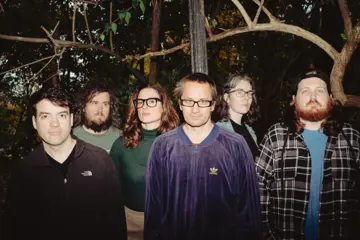Roman Polanski: A Film Memoir finds the infamous Czech filmmaker in conversation with his friend and producer Andrew Braunsberg. It's less a 'film memoir' than just a straight memoir. Sitting down in front of the camera, Polanski talks through his life, from his childhood through to the tragic 1969 murder of his pregnant wife, Sharon Tate, through to his 1977 arrest in Los Angeles on charges of statutory rape. That incident—which found Polanski, after already having served a stint in prison, fleeing the country in fears of the rulings of a veritable kangaroo court—looms over everything in the film (memoir): Polanski in his chalet in Gstaad, Switzerland, on house arrest, awaiting possible extradition to America, over 30 years on.
“It all started with a call from Roman,” recalls Laurent Bouzereau, the pic's director. Polanski invited him to come to Gstaad, to watch a conversation between he and Braunsberg that they'd just recorded, and Bouzereau could immediately see the potential there. “A lot of these stories had been told in one way or another in other documentaries, but none of them had had the privilege of having Roman tell them. I knew we'd never have another opportunity to do this; never again was he going to be in a situation like this, where he had the time and space and inclination to sit back and think about his life, and everything that had happened in it.”
Bouzereau knew what he was working with—“This wasn't investigative reporting; this was a candid conversation between two friends”—and almost immediately sensed what the audience reaction was going to be. But he went ahead, seeing the value in presenting Polanski as a human-being, not a symbol of a controversy.
“Maybe people are expecting this to be more of a tell-all, filled with revelations,” says Bouzereau. “But this was going to be the first time we've heard Roman holding court on all those subjects. And he talks about all of it, the most difficult stuff in his life, but he only talks as much as he wants to talk. You have to remember, he's having a conversation with a friend, and friends respect those boundaries, whereas a journalist would probably ask more and more questions about those things that people want to know all about.”
Don't miss a beat with our FREE daily newsletter
“A lot of people didn't like this film because of that; they want us to dig deeper, into the dirt,” continues Bouzereau. “But this isn't just a film about the case in America. [Marina Zenovich's 2008] film [Roman Polanski:] Wanted & Desired does that. We saw this film as a much bigger story; that spans from World War Two, to communist Czechoslovakia, to swingin' London, to Hollywood, to the murder of his wife, and then all through his career, to where he is at right now. It's really an epic journey in 90 minutes.”
“No matter whatever judgment you bring to him, what you think of him and what he was arrested for, you can't argue that he has been through an almost unimaginable amount of tragedy in his life, that he has experienced this wild highs and horrid lows. The fact that he's, in the face of this, eternally optimistic is something that is really interesting; that is, to me, really inspiring.”
WHAT: Roman Polanski: A Film Memoir
WHEN & WHERE: In cinemas Thursday 21 February















